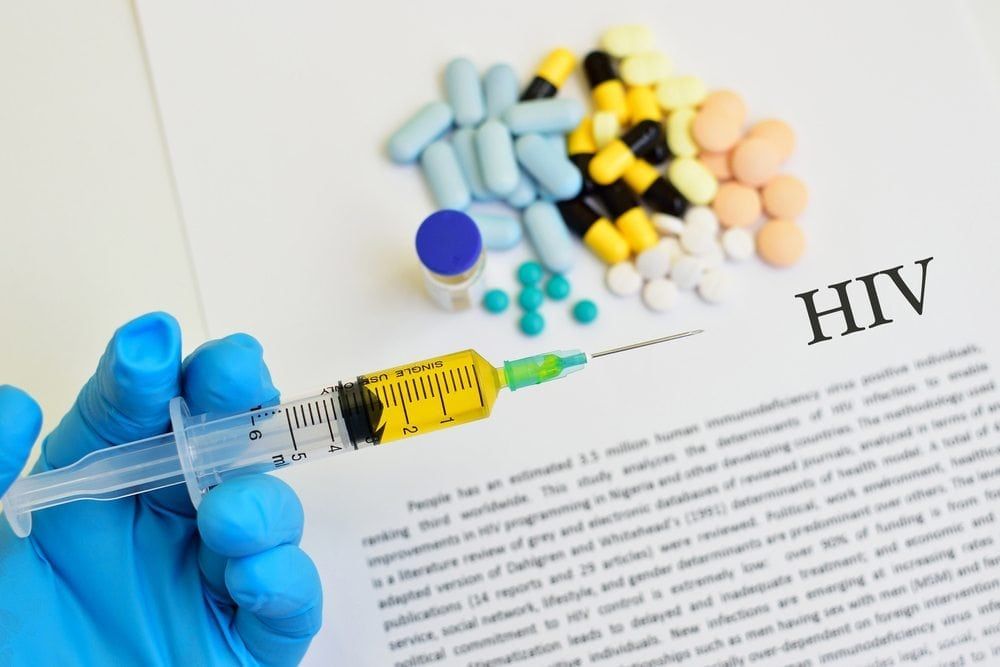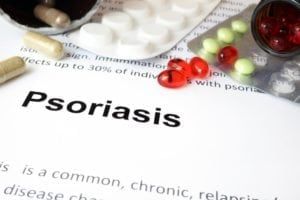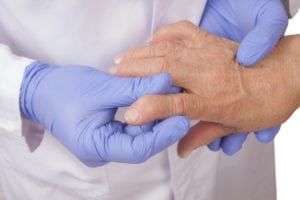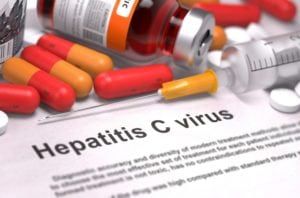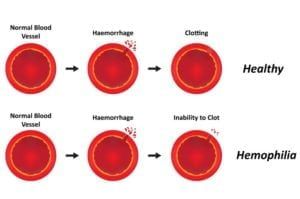An HIV pharmacy is one that provides specialized support to HIV patients. There are numerous drugs and therapies used to block the HIV virus and help keep patients as healthy as possible. Examples include protease inhibitors, non-nucleoside reverse transcriptase inhibitors, and nucleoside reverse transcriptase inhibitors – just to name a few. That’s not to mention additional drugs used to manage medication side effects, such as nausea, diarrhea, and skin rashes. In fact, people with HIV often face a lifetime of daily drug therapy, which may include a combination of several pills to be taken each day. It is important for HIV patients to have the support of a specialty pharmacy that can help coordinate medications and simplify dosages when possible.
Did you know…that fewer than one million Americans currently live with HIV? But the infection still spreads, causing approximately 50,000 new infections in the U.S. every year. Because HIV and AIDS are less prevalent than many other diseases, it is very important for patients to find a pharmacy that not only carries HIV medications but is also specially trained and skilled to help customers achieve the best possible results. |
Frequently Asked Questions
Should I use an HIV pharmacy?
Yes. HIV is a manageable disease, but drug therapy is an important part of controlling the virus and staying healthy. You only want the best doctor overseeing your HIV care; so it makes sense that you would want a specialized HIV pharmacy as well.
What should I expect from an HIV pharmacy?
You can expect your pharmacist to work closely with your doctor to ensure that your medications are being managed in a way that best fits your needs. An HIV pharmacy will always be fully stocked to ensure that you can get the medications you need when you need them. A pharmacist trained in HIV and AIDS treatments will also make you aware of new treatments as they become available – perhaps even before your doctor has discussed them with you.
Is there anything that I should discuss with my pharmacist?
Yes. You should talk with your pharmacist first about the types of medications and supplements you are already taking. If possible, transfer all of your prescriptions to your HIV pharmacy for easier management. Your pharmacist is there to answer any questions you may have and provide support as needed. Don’t hesitate to contact your pharmacist with any questions you may have about your medication, side effects, dosage, or interactions with other substances.
